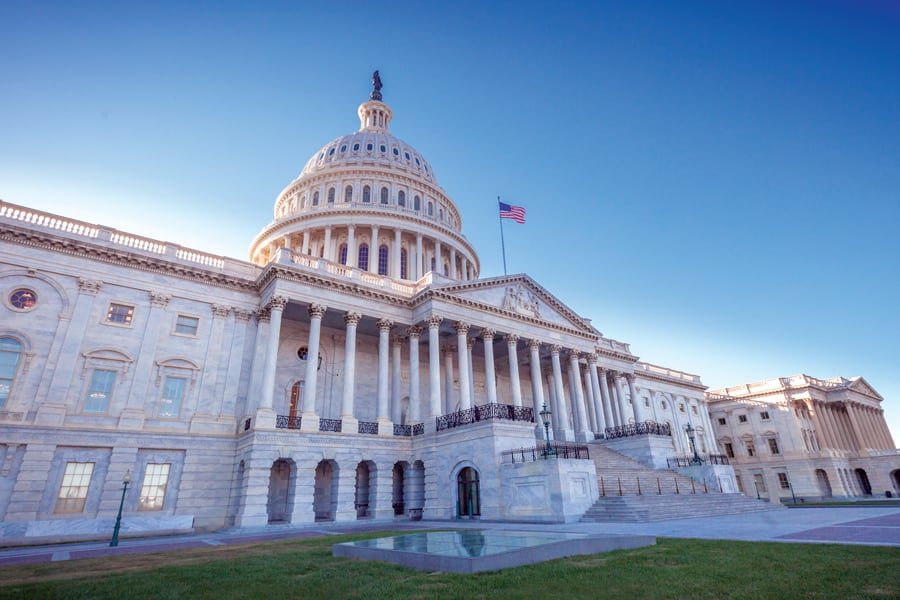

Republican lawmakers are using a recent snafu on the SEC’s website to criticize the agency’s ambitious regulatory agenda.
The Securities and Exchange Commission recently extended the comment periods on 11 rulemaking proposals and one request for comment as a result of problems with the electronic comment form on the agency’s website. The majority of blocked comments were submitted in August, the SEC said, but the problem started as early as June 2021.
The technological snafu has given Republicans on the House Financial Services Committee more fodder to blast away at SEC Chairman Gary Gensler, who is pursuing a roster of proposals that has set the financial industry and its allies on edge.
“We write to express our concerns about the integrity of Securities and Exchange Commission (‘SEC’) rulemakings under your tenure following the SEC’s October 7th announcement that a technical error prevented comment letters on proposed rules from being added to the public comment file,” states the Oct. 16 GOP letter to Gensler.
The letter was signed by Rep. Patrick McHenry, R-N.C., the ranking member of the House Financial Services Committee, and nine other Republicans on the panel.
An SEC spokesperson declined to comment on the lawmakers’ letter. Approximately 200 comment letters were affected by the glitch, according to the agency. It received more than 25,000 unique public comments and more than 45,000 form letters between June 2021 and last August.
Congressional Republicans have put heat on Gensler ever since he was sworn into office in April 2021. They have especially resisted the SEC’s emphasis on increasing disclosures related to environmental, social and governance investing practices.
The GOP is in the minority in the House and Senate but could flip one or both chambers in November’s midterm elections, which would give them much more leverage to try to influence Gensler. The SEC is an independent agency with a 3-2 Democratic majority.
Republican control of the House next year is an election outcome that is as much a foregone conclusion as possible in politics. The evenly split Senate remains a toss-up.
Republicans likely will use several channels to apply pressure on Gensler, said Milan Dalal, a former top Democratic aide on the Senate Banking Committee.
One avenue would be to haul Gensler up to Capitol Hill to grill him in hearings and potentially to subpoena documents. Republicans also could use a House majority to insert riders in appropriations bills that would prohibit the agency from implementing certain rules.
“I suspect we will see a protracted and contentious battle in Congress over the next two years over use of the appropriations process to potentially block elements of the SEC’s far-reaching agenda,” Dalal, founder and managing director of the government relations consulting firm Tiger Hill Partners, wrote in an email.
In their letter, the GOP legislators pressed Gensler on how the SEC determined the 11 proposals affected by the technological glitch and why the proxy adviser rule was not included.
The SEC approved the final proxy rule in July. Proxy issues have become an increasingly controversial as ESG has become more popular.

Relationships are key to our business but advisors are often slow to engage in specific activities designed to foster them.

Whichever path you go down, act now while you're still in control.

Pro-bitcoin professionals, however, say the cryptocurrency has ushered in change.

“LPL has evolved significantly over the last decade and still wants to scale up,” says one industry executive.

Survey findings from the Nationwide Retirement Institute offers pearls of planning wisdom from 60- to 65-year-olds, as well as insights into concerns.
Streamline your outreach with Aidentified's AI-driven solutions
This season’s market volatility: Positioning for rate relief, income growth and the AI rebound
